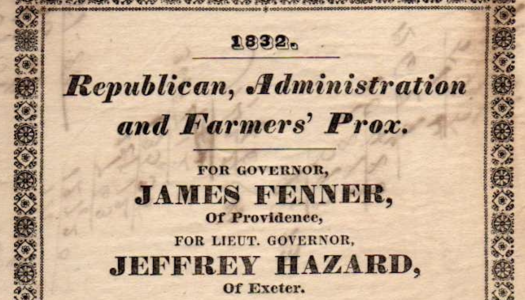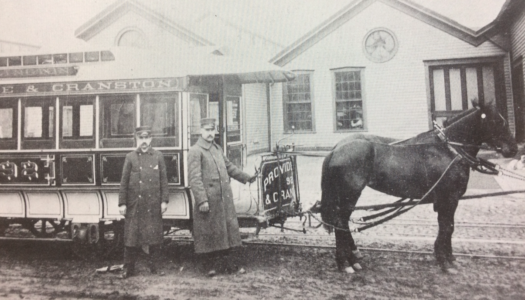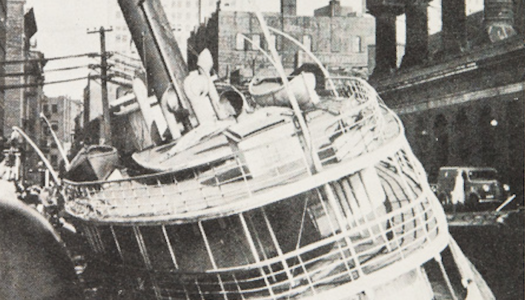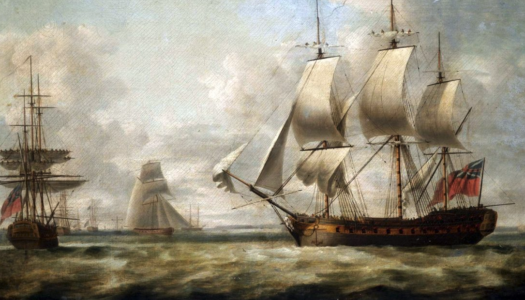 7 years ago
7 years ago
Rhode Island in the 1800s Failed to Elect a Governor in Eleven General Elections
Rhode Island from its earliest days as a colony had a large degree of political freedom. Unlike most other English colonies that had either an appointed royal governor, such as …
Read More
 7 years ago
7 years ago
Horsecar Workers
The Sprague Brothers’ Union (Horse) Railroad decided to hire the best available personnel by paying generous wages. Horsecar workers received a two-dollar-a-day salary at the inception of service in 1864. …
Read More
 7 years ago
7 years ago
Rhode Island’s First Horsecar, Providence to Pawtucket
Providence was ready to experiment with a new form of transportation at the end of the Civil War, a means of travel popularized in several other Metropolitan areas. New York …
Read More
 7 years ago
7 years ago
The Omnibus in Rhode Island: Crucial Urban Link
As the stagecoach disappeared from the urban scene with bittersweet memories for drivers and passengers, it was replaced temporarily by the next stage in the evolution of local mass transit—the …
Read More
 7 years ago
7 years ago
From Early Turnpikes to the Stagecoaches
Most public bus routes that crisscross Rhode Island today overlay track beds that once supported-electric trolleys and horsecars. Before the railways, the rickety omnibus and its rough and tumble predecessor, …
Read More
 7 years ago
7 years ago
A Letter from Gull Rock, Little Compton: A Story of the Hurricane of 1938
In the summer of 2012, I took on the task of organizing and arranging the library and archive at the Western Rhode Island Civic Historical Society, located in the …
Read More
 7 years ago
7 years ago
The First Deaths Among the Seventh Rhode Island Volunteers in the Civil War
“The muffled drum’s sad roll has beat the soldier’s last tattoo.”[1]
Today the death of an American service member initiates a long process beginning with the terrible knock …
Read More
 7 years ago
7 years ago
Rhode Island Celebrates 125th Anniversary of Its First Labor Day Parade
Two thousand workers marched in to history 125 years ago when they participated in the state’s first Labor Day parade in 1893 in Providence, while a crowd of ten thousand …
Read More
 7 years ago
7 years ago
African Americans in Rhode Island Who Used Food to Achieve Independence
Among the gifts that immigrants have brought to the United States are their native cuisines. Indeed, opening a restaurant or food-related business was—and still is—a traditional recipe for financial …
Read More
 7 years ago
7 years ago
“Strange Mismanagement:” The Capture Of The HMS Syren
After a British fleet of seventy-one warships and transports entered Narragansett Bay on December 7, 1776, and the next day landed soldiers that occupied Newport, Rhode Island, as well as …
Read More





















